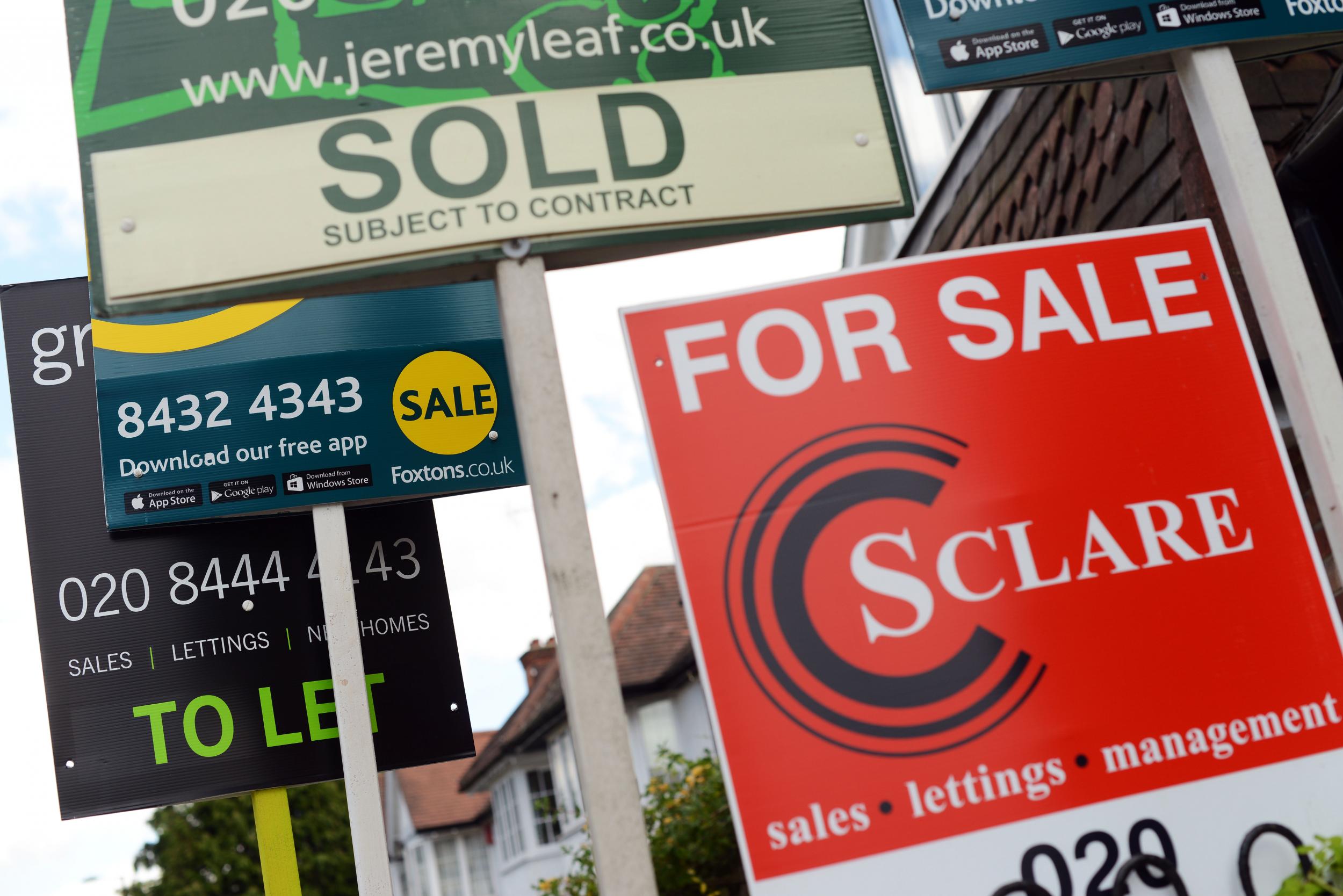What is stamp duty and what do the changes in the Budget mean for first-time buyers?
The Government has announced that it is scrapping stamp duty for first-time buyers on properties worth up to £300,000, potentially saving them thousands

One of the biggest challenges facing first-time buyers is having the cash up front.
So the Government’s announcement that it is cutting stamp duty for first-time buyers will come as welcome news for young people who are finding it increasingly difficult to get a foot on the property ladder.
But will the changes help more people buy a home? Here is guide explaining what stamp duty is.
What is stamp duty?
Stamp duty is a progressive tax that you are liable to pay when purchasing a property. As the price of the property increases, so does the rate of stamp duty.
In today’s Budget, Chancellor Philip Hammond said that stamp duty is being abolished for all first-time buyers for purchases up to £300,000.
People buying a home worth up to £500,000 will also not have to pay stamp duty on the first £300,000 of the purchase price.
For home purchases above £500,000 stamp duty will remain the same.
Under the previous system you would on start paying on properties worth more than £125,000 and first-time buyers paid the same as everyone else.
A three per cent stamp duty tax was also introduced in 2016 on buy-to-let and second homes to help free up properties for first-time buyers.
You have to pay stamp duty in England, Wales or Northern Ireland, while in Scotland you pay what is known as the land and building transaction tax.
The change came into effect at 12am on 22 November. So if you have already exchange prior to this date but not completed, you will still be eligible under the new system.
The previous system:
You pay 0 per cent up to £125,000;
2 per cent up to £250,000;
5 per cent up to £925,000;
10 per cent up to £1.5million and 12% above that.
How much will you save?
The Chancellor said that 95 per cent of all first-time buyers will see a stamp duty cut, while 80 per cent will pay none at all.
The changes mean that all those buying a house for the first time worth between £125,000 to £500,000 will now save money.
A first-time buyer will not have to pay anything on a property worth £300,000, saving themselves £5,000.
For homes worth between £300,000 to £500,000, buyers will still have to pay stamp duty, though the £5,000 saving will apply.
So someone buying a home worth £500,000 who would previously have paid £15,000 in stamp duty will now only have to fork out £10,000. Above this amount the previous rates will apply.
However, despite the fanfare, it does not look as though the savings will make much of a difference for the average first-time buyer.
For those looking to buy a home worth £200,000, they will only save £1,500.
Is it enough?
The stamp duty cut is most likely to favour those living in the south of the country where house prices are more expensive, especially in London where house prices have risen by over 70 per cent in the last decade.
However, those living in the north, where the previous stamp duty threshold of £125,000 is barely above the first-time average price, will see little benefit.
While abolishing stamp duty for a vast majority of first-time buyers will be seen as a welcome move, a number of issues still remain.
Soaring deposits and house prices mean affordability remains a huge issue for young people looking to buy their first home, with many having to rely on the Bank of Mum and Dad.
According to a recent report from Halifax, the average first-time buyer deposit is now £33,000 – equating to 16 per cent of the purchase price.
Meanwhile, the average house price paid by first-time buyers is now the highest on record at £207,693.
So the savings are unlikely to make much of a dent in the overall costs for the average first-time buyer, doing little to help them get a foot on the property ladder.
The huge gap between income and property prices also means it can take many years to save.
Business news: In pictures
Show all 13The Adam Smith Institute said in a recent report that stamp duty was “gumming up” the housing market and keeping people in houses that are too large for their needs.
Many pensioners want to move and downsize into a more suitable property - which could free up homes for families looking to move up the housing ladder - but the costs of stamp duty are preventing them.
The Office for Budget Responsibility has also warned that the tax reduction will likely result in higher prices - pushing them up by around 0.3 per cent - as buyers will have more money to put into deposits.
Subscribe to Independent Premium to bookmark this article
Want to bookmark your favourite articles and stories to read or reference later? Start your Independent Premium subscription today.

Join our commenting forum
Join thought-provoking conversations, follow other Independent readers and see their replies